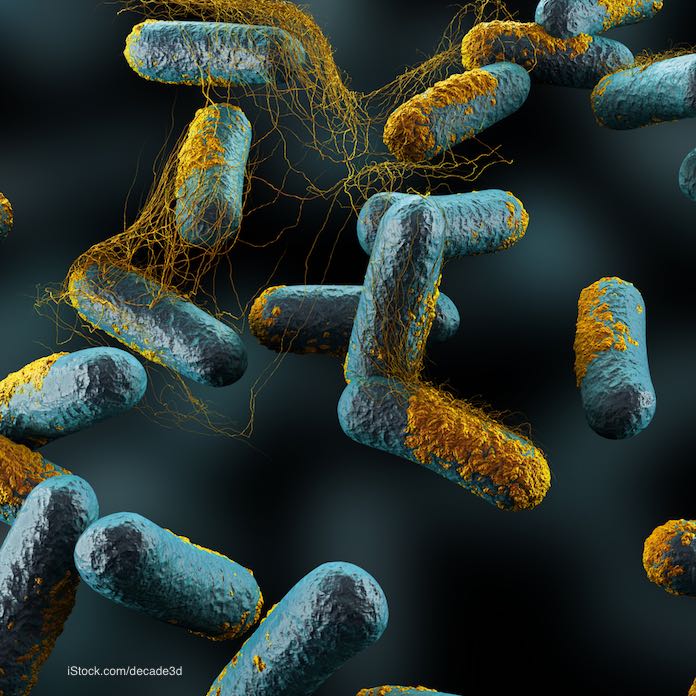Clostridium perfringens caused illnesses at the Rifle Rodeo in Garfield County Colorado in early June, according to a press release from the Garfield County Health Department. That event was held on June 5, 2017 at the Garfield County Fairgrounds.

About 80 people were sickened in that outbreak. An unlicensed vendor served food at the privately organized event.
Samples were sent to the Colorado Department of Public Health and Environment. Interviews conducted by public health officials helped pinpoint the source of the food that caused the illnesses.
Yvonne Long, Executive Director of Garfield County Public Health said in a statement, “The Rifle Rodeo is a privately-organized event. It should be noted that this particular food vendor has a primary location that has been inspected, is licensed and is regulated. In the case of the Rifle Rodeo, temporary event and coordinator permits were not submitted, therefore Garfield County Public Health was not aware of or able to inspect food at the event prior to the June 5 outbreak.”
The press release states, “If a vendor fails to pull required permits, has an outbreak, or has areas of improvement noted on a health inspection, local health delivers written notification and works with the entity on safety regulations.
Garfield County and the state health department have had nurses, licensed food inspectors, regional and state epidemiologists, and laboratory staff working on this case for the past two weeks.”
Long added, “One thing that we want the public to know is that for public events it is the coordinator’s responsibility to find out and comply with the rules, regulations, permits, sales tax requirements and licenses required to host an event.”
Symptoms of Clostridium perfringens causes abdominal cramps and diarrhea. Most people get sick within a few hours of exposure to the pathogenic bacteria, and most recover within 24 hours without medical attention. This bacteria causes about 1,000,000 cases of food poisoning every year in the U.S.
Foods most often associated with this type of outbreak include gravy, beef, poultry, and pre-cooked foods. When large quantities of food are held at unsafe temperatures for a long period of time, this bacteria can grow rapidly.
To prevent this illness, foods should be cooked and held at temperatures above 140°F or below 40°F. All perishable leftovers should be refrigerated as soon as possible, within 2 hours of preparation. And if you aren’t sure if a food has been held at the correct temperature, throw it out.




